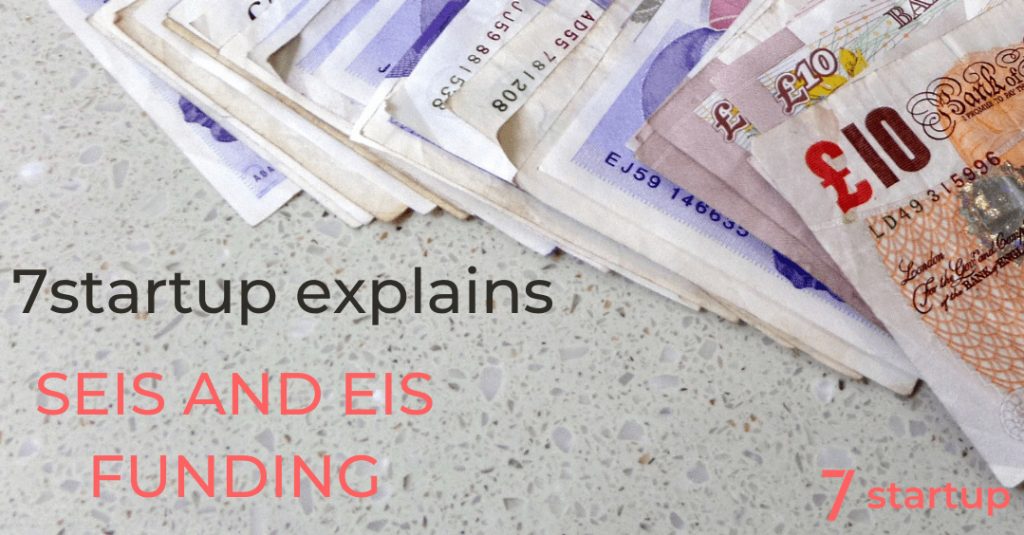Convertible notes are commonplace in seed investment discussions. Both investors and startup founders should fully understand convertible notes so their financial relationship can stay on favourable terms. In this post we outline the basics of convertible notes and what should be included when drawing one up. Then, we highlight the pros and cons of this form of convertible debt so you can decide if they’re the right option for you.

What is a Convertible Note?
A convertible note is an agreement of a conversion to equity between an investor and a startup during the seed round of funding. This comprises an investor being given equity in the business instead of principal plus interest, which is the more traditional option. Whereas an investor or investment company would receive principal plus interest in exchange for their investment, this is not the case with a convertible note. A convertible note may also be used alongside future rounds of financing.
Another main feature of convertible notes is that they do not require a company valuation. This means that convertible notes are particularly useful for founders of early-stage companies. Additionally they may be useful for those who only in the idea stage of their business. A company valuation can then be left for the Series A financing round when more analytical information can be known about the company.
What Should a Convertible Note Include?
 Maturity Date
Maturity Date
A maturity date is the due date of a convertible note and when the company needs to repay it.
Discount Rate
The discount rate should stipulate the cost reduction for an investor in the following financial round. It should take into consideration the extra risk the investor undertook by investing in the business early.
Valuation Cap
In the same vein, a valuation cap is an extra advantage for investors who provided investment funding early on. A valuation cap provides a maximum limit at which the convertible notes will convert into equity.
Interest Rate
Convertible notes will often gain interest since a company has loaned money. Instead of repaying in cash, the interest in this case is added to the principal, which will ultimately increase the number of necessary shares when the conversion into equity takes place.
Pros and Cons of Convertible Notes
Whilst convertible notes may seem like the best option for startups seeking seed funding, they do carry some disadvantages, too. Here are the pros and cons of using convertible notes.

Pros
Simple Structure
Founding and growing a startup can be time-consuming and complicated, so any option that can simplify this process is beneficial for business owners. Convertible notes can help make growing a startup easier, legally speaking. They are likely to be faster and cheaper to carry out than other investment agreements which will entail stock option grants, company valuations, and any appropriate tax implications.
Pre-Money Valuation
As discussed, determining the value of a startup can be difficult. This is generally the case for businesses that are not yet able to ascertain the necessary data for this. Convertible notes are therefore a useful option for startup founders in the seed or early stages since company valuations are not a requirement.
Since financial problems account for 16% of all startup failures (via www.failory.com), seeking substantial funding is crucial for the growth of a startup. For help with this process, contact our expert team at 7startup for more personalised information.
Cons
Lack of Certainty for Investors
Although convertible notes grant equity rights to seed capital investors, they also sacrifice certain rights typical of traditional shareholder agreements. These include voting rights, control rights, pro-rata rights, and liquidation preferences. This is a drawback as it could deter potential investors from agreeing to convertible note seed financings. They may prefer to hold off any equity financing until there’s a better valuation for the company.
Less Control for Investors
Convertible note investors also often have less control over their investments as they would as a typical shareholder. This is at least until the conversion is being carried out. Future investors into the startup often determine the value of the convertible loan note themselves and the convertible note holder may not be in agreement with their conclusion.

Summary
Convertible notes are a form of convertible debt that issue convertible note holders future equity in exchange for funding. Since a fair valuation of early-stage and seed companies is not usually possible, a potential investor may accept a conversion document instead of the traditional principal plus interest. Those who invest in startups early receive a conversion discount offer. This therefore accounts for the risk they took on when providing the initial investment.
Convertible notes are riskier for investors as they do not have the same rights with debt into equity agreements as they would as a traditional shareholder. They also often have less control over their investments and their future conversion valuation, which other future investors are likely to determine. However, this form of convertible debt agreement does offer extraordinary flexibility for startup founders as opposed to traditional forms of investment agreements.
You May Also Enjoy – Startup Engineering: 4 Technical Traps to Avoid

Amit Khanna, 7startup Founder
Amit has 18 years of experience in the industry and an MBA. He supports entrepreneurs with every aspect of their business including concept and product development, investor presentations, and fundraising. Amit & 7startup assist startups in the pre due-diligence process and help connect them to our vast network of investors. Reach out to us today and see if we’re a fit!


 Maturity Date
Maturity Date

